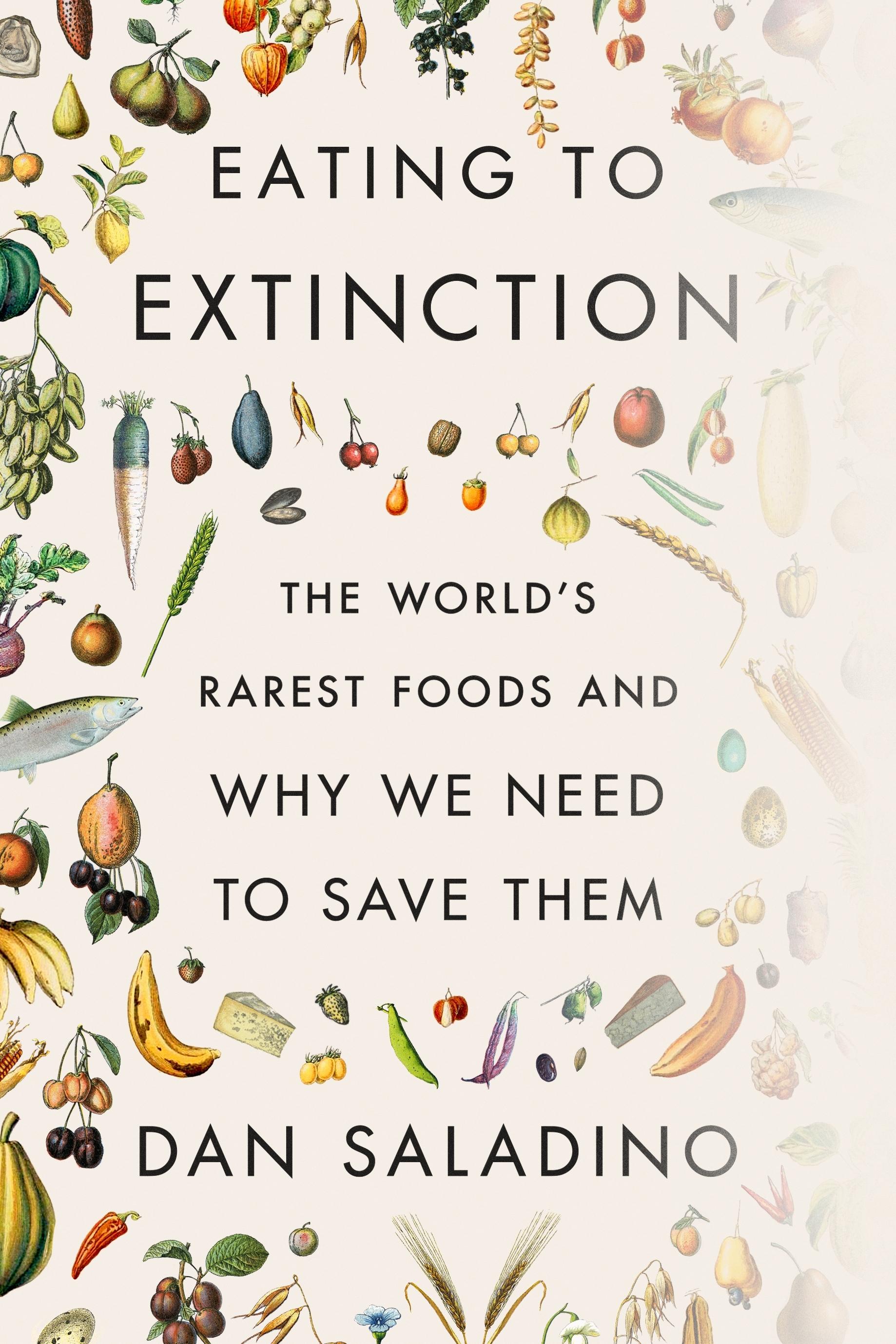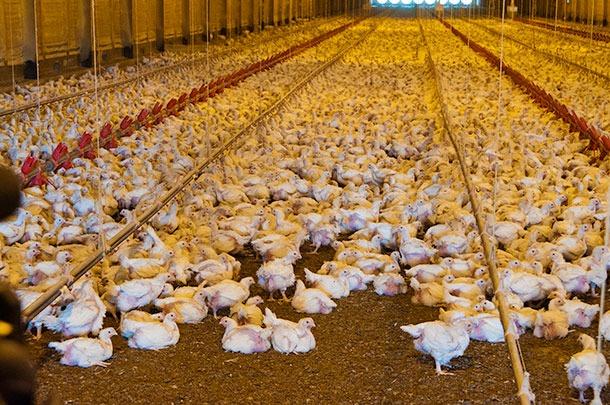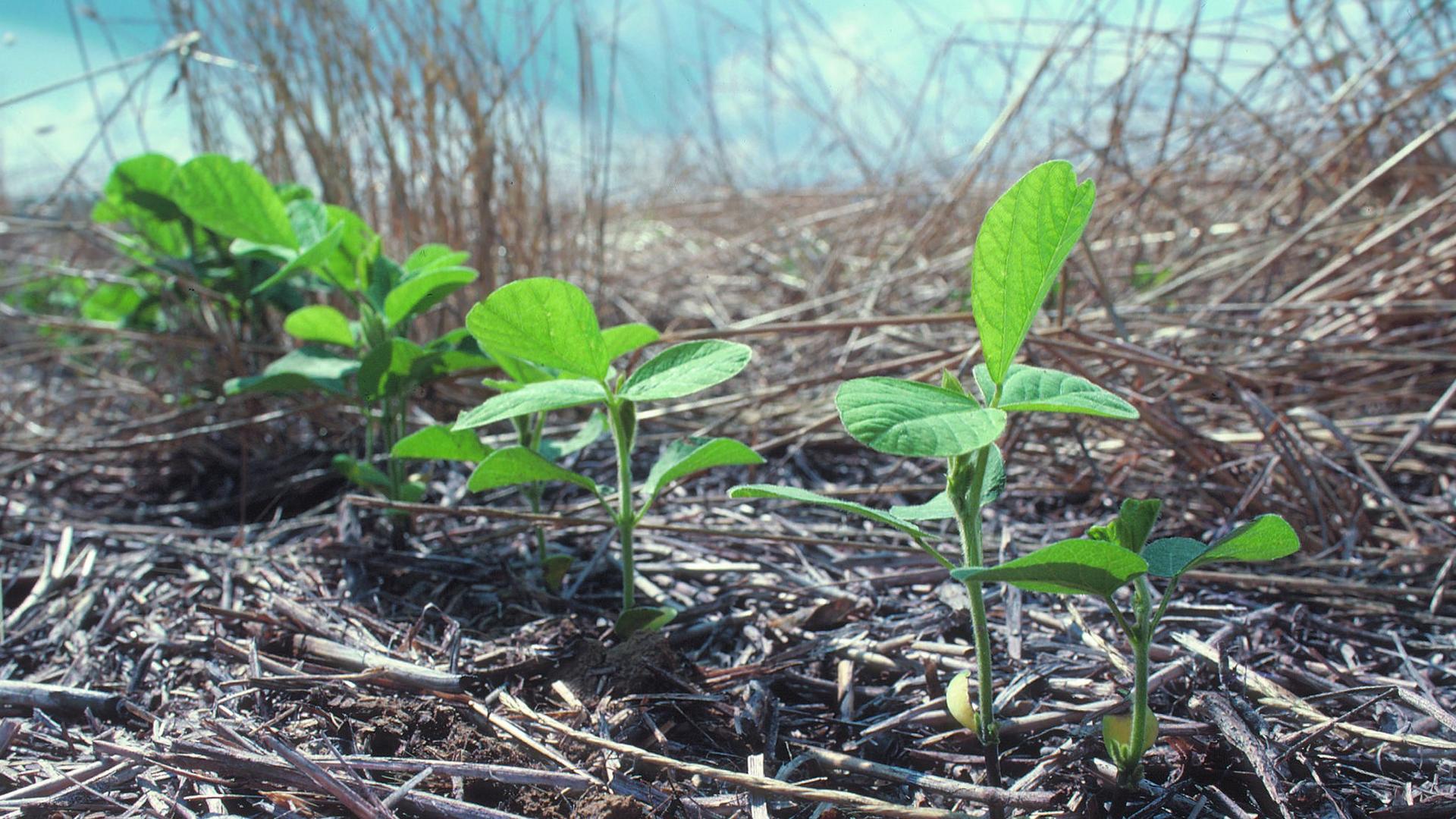Sustainable agriculture
‘Eating to Extinction’ author rallies for a more diverse global food system
Dan Saladino, author of “Eating to Extinction: The World’s Rarest Foods and Why We Need to Save Them,” talks with The World’s host Marco Werman about dwindling diversity within the global food system and how we can change it toward a more sustainable future.
Humanity must use innovation and ingenuity to live within ‘planetary boundaries,’ a new book says
According to a new book, humanity is rapidly pushing past Earth’s planetary limits. More than 7 billion humans live on Earth, but we consume so many resources it would take more than one-and-a-half Earths to sustainably supply us all. While this may sound dire, we already have the means to ensure our survival.
Food giant General Mills announces a new push for sustainable practices
As evidence continues to mount that global warming is real, and even accelerating, more and more businesses are stepping up to reduce greenhouse gas emissions and adapt to the future. General Mills is the latest to jump on board.
A new organic-approved weed control technique is poised for the big time
Eradicating weeds is one of the thorniest problems facing organic farmers. Weeding by hand is backbreaking work, but using herbicide means the farm is no longer organic. Enter agronomist Frank Forcella, who’s modifying an ordinary sandblaster kill weeds and fertilizes food crops, too.
For the British, burning the White House 200 years ago is cause for a cake and sparklers
So just how did the British Embassy choose to celebrate its friendship with the US on Sunday? With a cake commemorating the 200th anniversary of the Brits burning down the White House during the War of 1812. It apologized on Monday. Meanwhile, the Ice Bucket Challenge, which has taken social media by storm, is getting its own challenge. And how much could an old comic book sell for? Try $3.2 million.
Bullitt Foundation opens new building in Seattle that redefines environmentally-friendly
The Bullitt Foundation, a Seattle-based nonprofit focused on improving the environment in the Pacific Northwest, has taken on a new endeavor. It’s opened a building for its headquarters, and house other companies, that will be a demonstrator of sustainable technologies.


